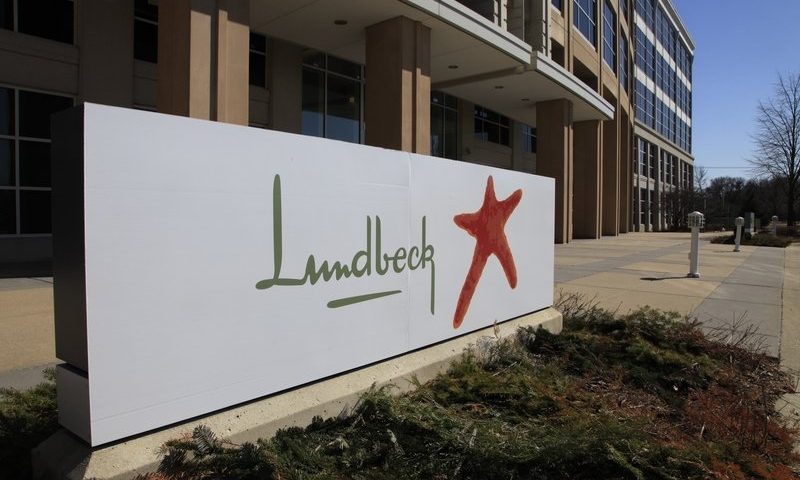Taking a cue from the many Big Pharmas rushing to revive failed or mediocre Alzheimer’s disease drugs, China’s Denovo Biopharma has picked up a discarded candidate from Lundbeck.
Lundbeck has offloaded the rights to a 5-HT6 receptor antagonist that failed three phase 3 clinical trials in 2016 and 2017. Denovo has claimed the global rights, but Lundbeck will retain an option to reacquire the asset down the line.
Denovo focuses its business on resurrecting failed therapies that other companies have cast aside by taking a fresh look at different biomarker signals that may suggest efficacy in certain populations. Eli Lilly’s enzastaurin and pomaglumetad are among the prospects Denovo is trying to rehabilitate.
In the Lundbeck deal, Denovo will rescue idalopirdine, which was a key late-phase asset going into the first of three phase 3 readouts in 2016. However, neither dose improved cognitive function in patients in that initial study. When Lundbeck revealed two other phase 3 trials failed early the next year, idalopirdine looked to have joined the long, ever-growing list of discarded Alzheimer’s candidates.
The addition of idalopirdine to the pipeline reflects Denovo’s belief that the identification of a genetic biomarker for drug efficacy can enable Denovo to limit enrollment to subsets of patients in which the molecule is most likely to work. An independent analysis found idalopirdine might be more effective at high doses and in moderate Alzheimer’s subgroups, while cautioning the effect size is small.
But Denovo will now get the chance to test the idea in an environment that has become increasingly open to new—and unproven—approaches to Alzheimer’s. Last month, Biogen made waves when the company’s Alzheimer’s disease therapy was approved by the FDA on biomarker evidence. Other Big Pharmas have scrambled back into the race with drugs they once considered hopeless.
Denovo, which operates out of sites in Beijing and San Diego, has put together an undisclosed financial package to secure the right to test its idea. The deal gives Lundbeck the option to reacquire the asset for predetermined but undisclosed financial terms. If that happens, Lundbeck will share the rights to idalopirdine in China and control the asset outright in the rest of the world.
Full details of Denovo’s plans for the development of idalopirdine are yet to emerge. The first step is to use a biomarker platform to look for pharmacogenomic predictors of the efficacy of the drug, now known as DB109.

